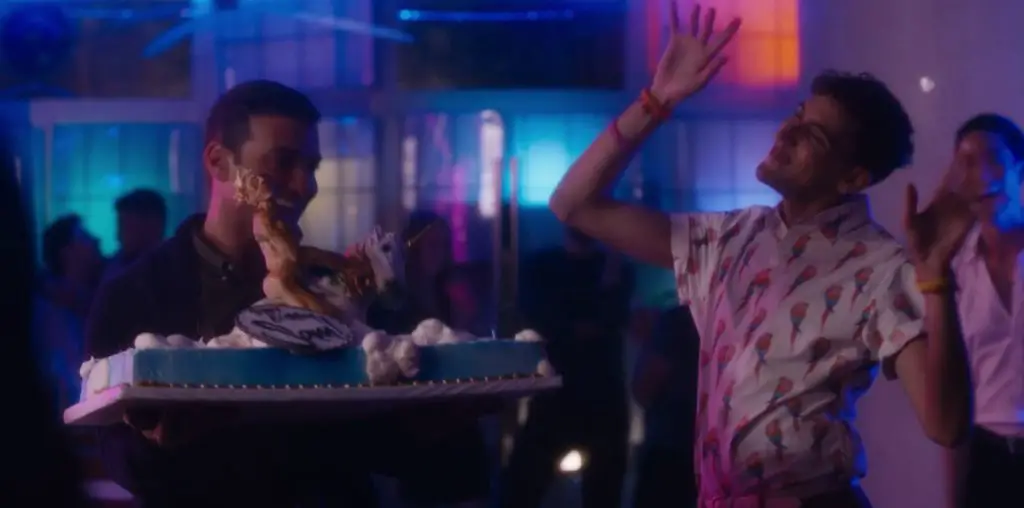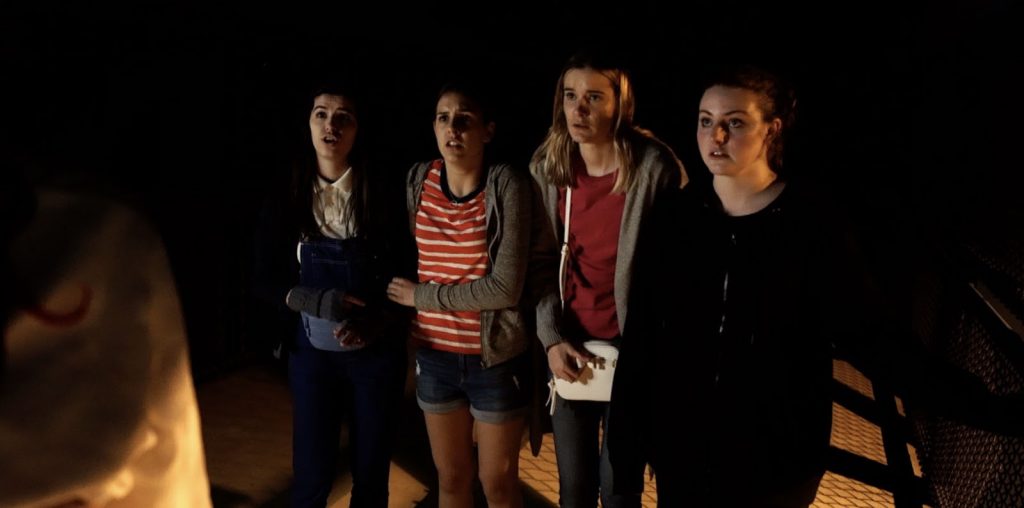
Where did the idea of Ali Zaoua come from? And how long did it take for you to bring this idea into production? ^ When I was little, I had a walk with my grandfather in Fès Medina, an ancient city in Morocco, and I was looking at children sniffing glue while sitting on car tires. I never forgot those pictures and when I grew up, I wrote a short film about them, but I couldn’t find the money to do it. Ali Zaoua came suddenly after my first feature was released. It took me three years to make the film.
The cast of the film is made up primarily of children, and many of them never acted before. What was required in directing so many children who were new to acting? ^ First, I have to say that I passed more than two years in the streets, observing those children and trying to understand them (from what was possible to understand) before shooting Ali Zaoua. This experience helped me a lot to direct them on the set. But then I was also very often lost and depressed because it was really hard for them and for me. It’s like taking a tiger from the bush and putting it into a zoo. They were needing so much affection and attention and I had to give them so much every day.
The film was completed and first shown in 2000, but it is only now getting a U.S. theatrical presentation. Are you surprised or disappointed that it has taken this long for the film to reach American audiences? ^ Culturally there’s more than an ocean between Europe/Africa and the US–there’s a gap. It’s sad because a majority of audiences in the U.S. are really not interested by the films that I make…but some people are and are eager to discover new films. But it’s like in every industry, the majority is always leading.
What is the state of cinema in Morocco? Is the government financially supportive of local filmmakers? And do Moroccan audiences seek out local films? ^ There’s no real cinema industry in Morocco. There’s a big lack in terms of formation and distribution. After more than 100 years of shooting in Morocco, there’s still no film school and theaters are closing every day. Those who stay open show mainly Indian and American movies. It’s a pain for us and the government doesn’t help to protect Moroccan cinema from the outside. Yet on the other hand, what is nice is the financial support that the government gives every year to help directors make their films. But as the Chinese said, it’s better to teach someone to swim than giving him a fish every day.
The film presents a harsh side of Moroccan society, which many people outside of the country never get to see: with homeless children, prostitution, crime and crushing poverty. How was the film received in the Moroccan media and audiences? ^ It was hard for many people to see and to accept this side of the country. But after a while, they understood that it’s a big part of the reality, their reality. Instead of fighting against this reality, they also understood that it was better to try to see what they could do to help those children.
What projects are you currently working on? And would you like to work in the American film industry or stay focused on working in Morocco? ^ I’m developing many projects. One is focused on Morocco. The other ones are more universal (one is in English). Of course, my ambition is not to stay doing films in this part of the world. I need to discover new methods and industries of making films.

